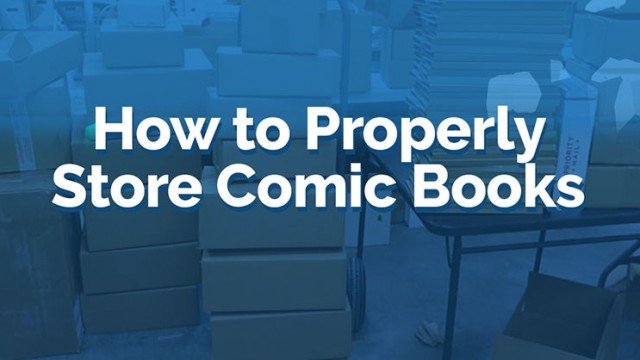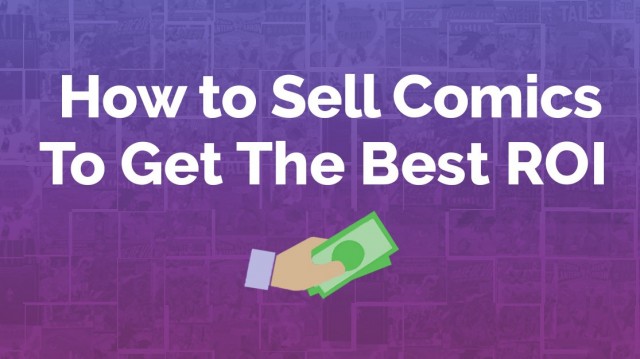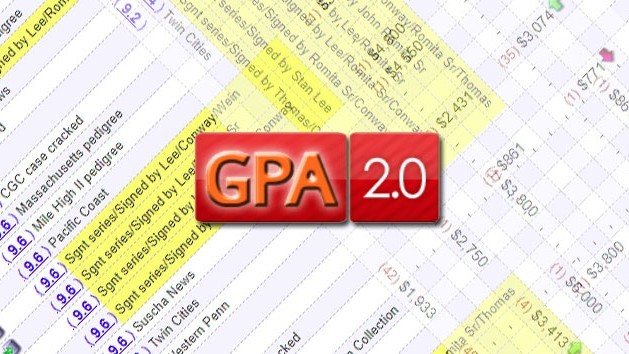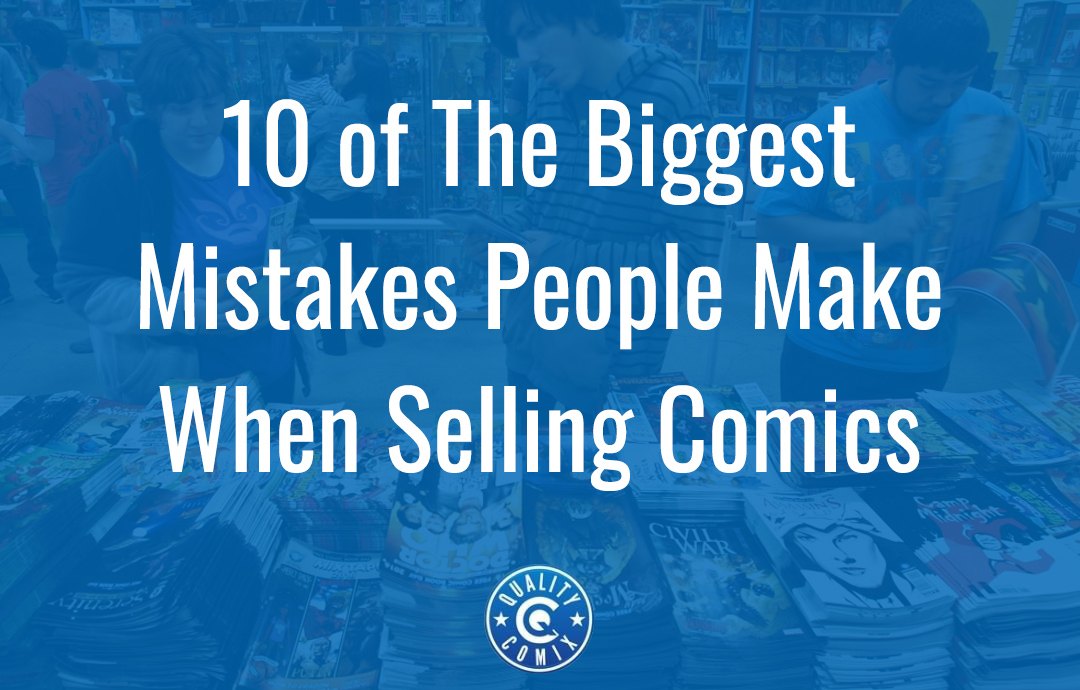
Whether you've been a comics collector for years but want to get out of the hobby, you've found a cool comic at a yard sale you want to flip, or you've inherited a collection and want to get the most out of it, selling your comics is at the forefront of your mind. But how can you do it and ensure you aren't getting ripped off? The first step is to familiarize yourself with the common pitfalls and mistakes people make, so you can recognize and avoid them. Here are the ten biggest mistakes you must avoid if you want to successfully sell your comics.
Table of Contents
- 1: Not Knowing What You Want
- 2: Not Doing Your Research
- 3: Spending Time on Dollar Bin Books
- 4: Getting Prices from eBay
- 5: Thinking Damage Makes a Comic Worthless
- 6: Not Getting Valuable Books Graded
- 7: Accepting a Bulk Offer
- 8: Ignoring Timing in the Market
- 9: Selling to a Small Audience
- 10: Not Getting Valuable Collections Appraised
1: Not Knowing What You Want
The first thing you need to know is what you want to get out of selling your comics.
We're not just talking about a dollar value here. Essentially, you have three questions you need to answer, and the way you answer them will determine the kind of selling process you'll go through.
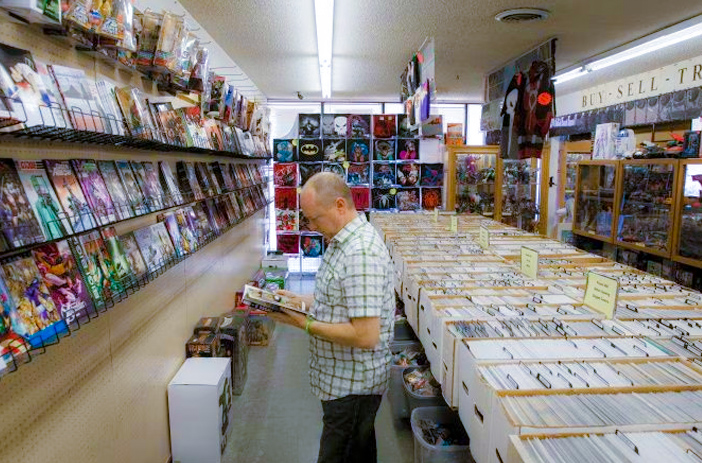
Image source: Google Images
Question 1: Do you really want to sell? There's nothing a potential buyer hates more than getting to look at your collection, making what is to them a reasonable offer, and running headlong into the brick wall of seller's remorse. All too often, someone who has a childhood collection or an inherited collection from a now-passed parent realizes at the last minute that their emotional attachments are stronger than they thought, and they back out. It wastes everyone's time. Make sure you're really willing to part with your comics before you start trying to sell them.
Question 2: Do you want them gone, or do you want maximum profits? This is the age-old question: speed or profit? If you want to just get rid of them as fast as possible, and don't care that they may be more valuable in a few months or a few years, then by all means, sell them ASAP. On the other hand, if you want to make the maximum possible profit in a reasonable timeframe (that is, not holding onto them for decades as an investment), then you're going to have to take time to find the right buyer for each valuable comic.
Question 3: Do you want to do it all yourself? There are brokers, consignment options, third-party vendors, and all sorts of other groups willing to be a middleman, doing the work to sell your comics in exchange for a cut of the proceeds. If you don't have the time or inclination to sell yourself but want to get more than you would buylisting or selling in bulk, one of these agents can be a good idea. Otherwise, do the legwork yourself.
2: Not Doing Your Research
Throwing every issue of a comic on eBay with no decent images, no descriptions, and no idea what you have, with no reserve and a $1 starting bid, is a great way to lose a lot of money. Part of selling comics properly is knowing what you have, and that means doing your research.

You also need to do research into where the best place to sell your comics is, whether or not you should get them graded, and even how best to ship them so they aren't damaged in transit. A lot of work can go into selling a collection, so you need to be prepared for what you're getting into.
3: Spending Time on Dollar Bin Books
There's a principle in business called the 80/20 rule. It states that 80% of your profits come from 20% of your effort. The same is true with just about everything throughout the world and in life. In a comic collection, 80% of your value is going to come from 20% of your books. In reality, it's probably even more stark; unless your comics collection was carefully chosen and only includes valuable books, chances are that 90% of your value is going to come from 5% of your books.
That is to say, most of the comics you have (if this was a casual collection) are probably worth $1, $5, or maybe $10. By the time you've spent hours listing them, fielding questions, re-listing them when they don't sell, re-re-listing them, and finally selling them, plus handling shipping, you aren't really making money.
When you appraise your collection, start with the most valuable books and work your way down. Once you get to the bulk, decide if you even want to sell them individually.
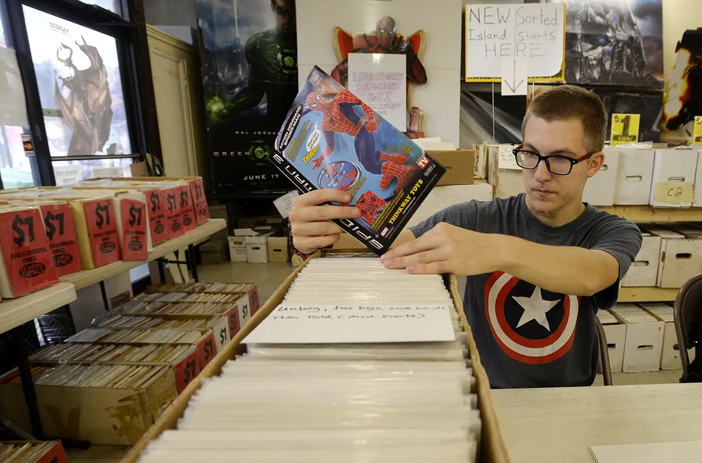
Image source: Google Images
Bulk books can be sold in a few different ways to increase their value. For example, you can:
- Sell bundles or themed packs.
- Sell complete storylines for greater than the sum of their parts.
- Take some kind of action to increase the value of a given book.
- Shrug, don't worry about a few bucks, and sell them all in bulk to a store or flipper.
The more time you spend on low-value books, the more time you're wasting when you could put it towards more meaningful things.
4: Getting Prices from eBay
Don't get us wrong; eBay is a fantastic tool for selling comics and for appraising them. The trouble is that you have to know what you're looking at, and you have to get your data from the right sources.
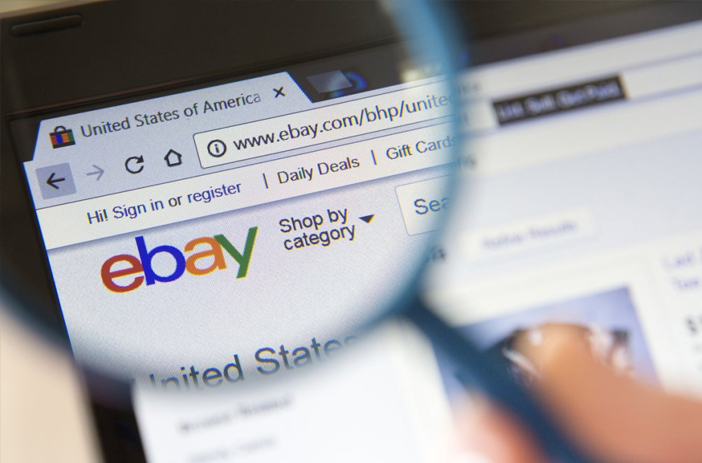
Image source: Google Images
If you just go to eBay and check the listings for a comic, you're going to get prices all over the place, some of which are very high and might make you think you have an immensely valuable book on your hand. Unfortunately, those prices are largely meaningless. What you really need to check is the "recently sold" listings. What have these books been actually selling for? If people are listing books for a high price and they aren't selling, you won't be able to sell at that price either. Chances are, the realistic price is lower.
You also need to make sure you're looking at the right thing. Remember to consider the condition, and don't forget that some comics have multiple editions, multiple printings, and re-issues that might be less (or more) valuable. Know what you have, look for comparable sold listings, and base your price from there.
5: Thinking Damage Makes a Comic Worthless
The most valuable comic ever sold was graded at a 4.5 out of 10. According to CGC's grading scale, a 4.5 is "a slightly below-average collectible with multiple moderate defects." Yet that comic sold for $5.3 million dollars.
Why? Despite the age, damage, and generally bad condition, it's old, it's noteworthy, and it's very rare. It might be in poor condition, but there are so few copies left, and those that exist are in even worse condition, that it's still an exceptional specimen.
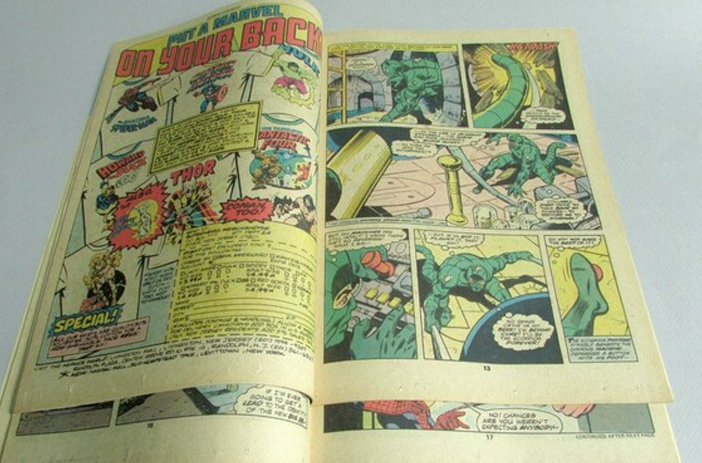
Image source: Google Images
Damage doesn't make a comic worthless. Damage reduces the value of a comic, but if the comic is sufficiently valuable beforehand, it can still be worth a lot of money. Don't disregard a comic just because it has some chipping, scratching, creasing, or dirt on it. Besides, comic grading agencies can clean and press out many defects and improve the condition of a book a lot more than you might think.
6: Not Getting Valuable Books Graded
Grading a book does three things.
First, it verifies that it's a legitimate copy of the book, identifying the specific edition, variants if it has any, and anything noteworthy about it. This information can be very useful to have recorded.
Second, it puts the comic in a slab, which is a highly protective way to store a comic. Sure, you can't read it, but if your comic is worth six figures, are you really going to be cracking it open again? That's what digital copies are for.
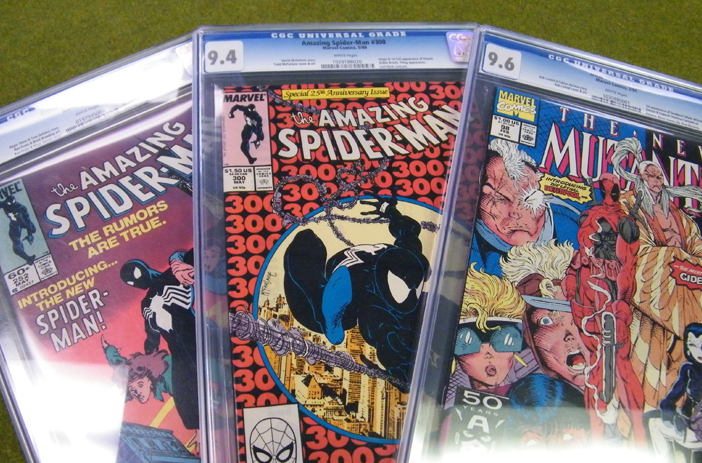
Image source: Google Images
Third, it applies a standardized quality assessment that others can use. You – and any potential buyer – know what the grade means because it comes from a centralized authority with standards. You can also use that information to more accurately assess the value of a book based on comparable sales.
Not all books are worth getting graded, but it can often be a good idea and can increase the value of books by a decent margin, especially if they're somehow noteworthy.
7: Accepting a Bulk Offer
Many people who are new to selling comics, especially those who have a collection they want to get rid of and don't know much or anything about comics, are going to do the sensible thing: they'll go ask someone about it. They take the collection (or a description of the collection) to a comic store, or even just a friend or local personage who knows a lot about comics, and ask about it.
The trouble is, these people aren't always scrupulous. There are plenty of people who will make an offer on the collection as a whole and tell you all about how much time and effort goes into selling the comics and how it isn't really worth it, and you're better off just taking the lump sum.
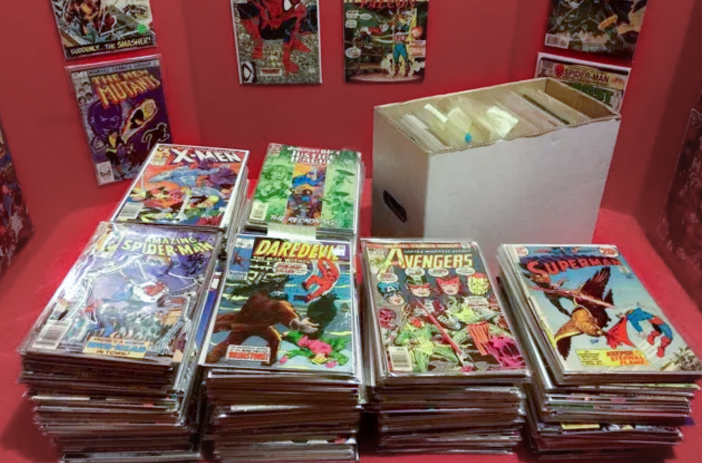
Image source: Google Images
While this can be true – especially if the collection is largely bulk – it can also screw you out of a lot of value. A bulk offer should be carefully considered, and you should get quotes from multiple authorities before agreeing to a sale, and only after you decide that selling in bulk is what you really want to do.
By the way, if you want an authoritative look and appraisal of your collection with zero obligations, you can reach out to us. Our evaluations are free, no obligation, and honest. We won't try to lowball you or pressure you into selling.
8: Ignoring Timing in the Market
Unless you have a reason to divest yourself of your comics ASAP, you can stand to increase the value of just about any comic by timing the market. All you really need to do is pay attention to upcoming pop culture and figure out if you have any comics that would be relevant.
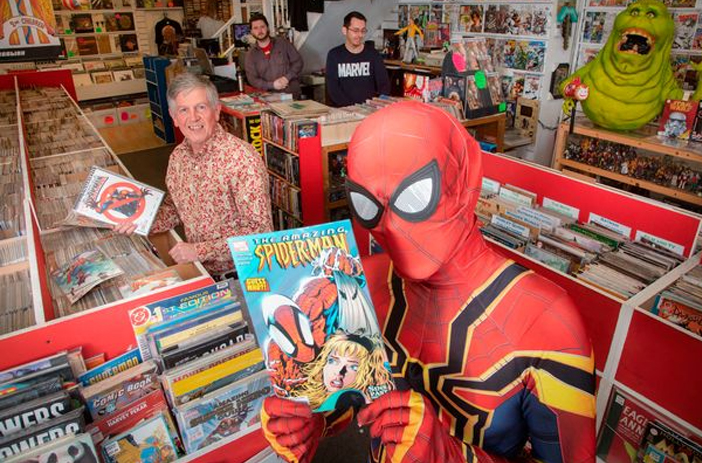
Image source: Google Images
For example, in the next year or so, Marvel will be releasing movies centered around the new Captain America, Blue Beetle, and a reboot of Blade; any comics relevant to these franchises and characters are likely to see a surge of interest and, therefore, price. Keep an eye out, and you might be able to increase the value of your sales just by waiting a few months or a year.
9: Selling to a Small Audience
Perhaps one of the biggest mistakes you can make is trying to sell your comics through a venue that doesn't reach very many people. Advertising your collection at a local comic shop, trying to post it on Facebook Marketplace, or listing it on Craigslist may seem like good ideas, but you're hoping to find someone who has the right level of interest and money to buy your comics out of an audience of thousands.
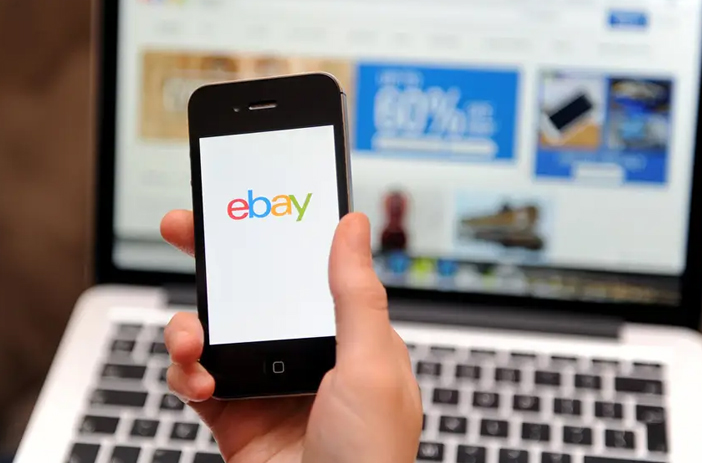
Image source: Google Images
There's a reason why people sell their comics online through sites like eBay; they reach millions of people instead. Your chances of finding an interested buyer are much higher on much shorter timeframes.
10: Not Getting Valuable Collections Appraised
This ties back into the first point, and the second point, and… well, most of our points. Before you can appropriately sell a comic collection, you need to know what is in that collection. If you don't want to do your own research (and trust us, we know how tedious it can be to sit down and plug in book names and numbers to try to identify everything), your best option is to talk to a professional appraiser.
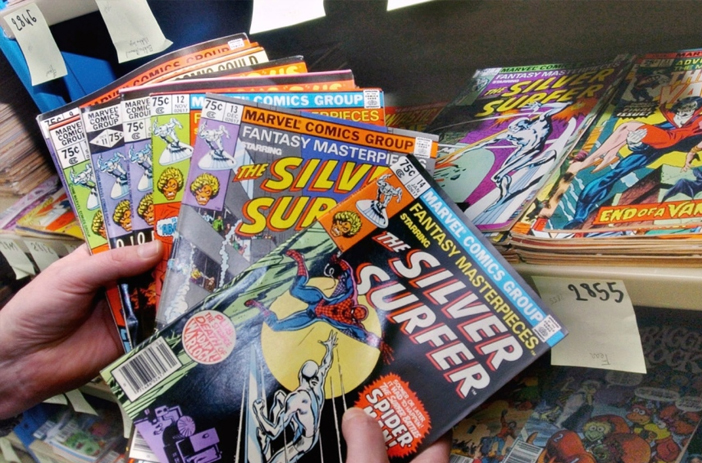
Image source: Google Images
As we mentioned above, we're always open for a chat. Our appraisals are free, no obligation, and we're always happy to discuss anything you want related to your collection. We can tell you what you have, help advise you on your best moves, and even help you sell them if that's the choice you want to make. All you need to do is reach out and drop us a line, and we'll get to work on your behalf. Why not start now?

